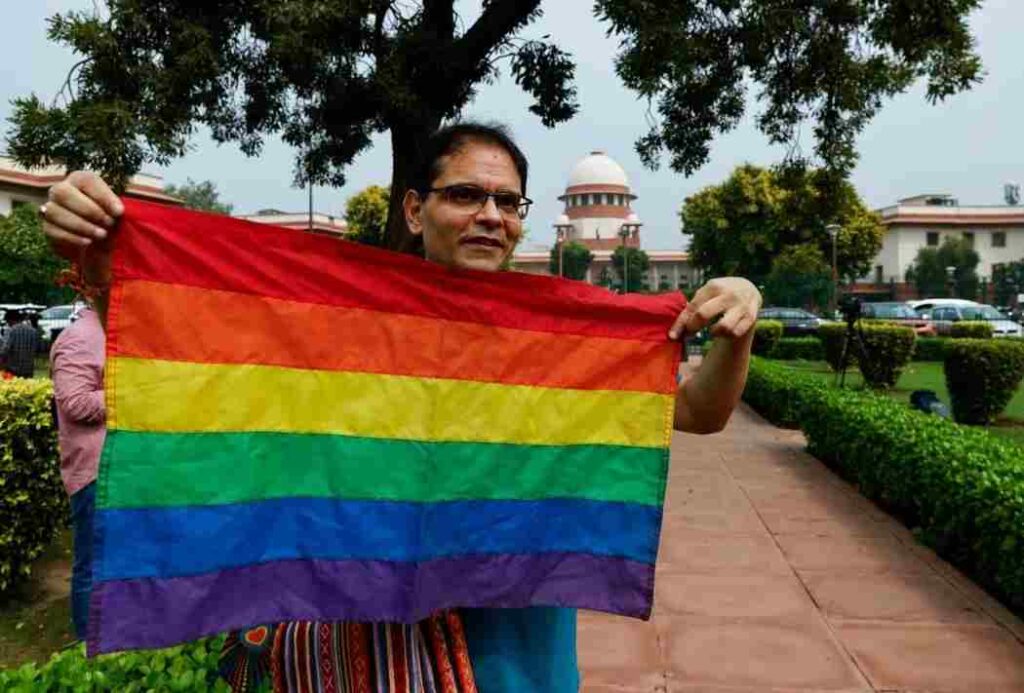The Supreme court acknowledged equal rights for the queer community and advocated public sensitization to prevent discrimination.

The Supreme Court’s decision on legalizing same-sex marriage in India lacked majority support from the five-judge bench, led by Chief Justice DY Chandrachud. While Justices Chandrachud and Kaul championed queer rights, their stance was overruled by the majority opinion of Justices Bhatt, Kholi, and Narisimbha.
Chief Justice Chandrachud emphasized the court’s role in interpretation rather than legislation, urging Parliament to amend the Special Marriage Act. Despite the marriage legalization falling short, the apex court acknowledged equal rights for the queer community and advocated public sensitization to prevent discrimination.
In a unanimous decision, the court clarified that marriage is not an absolute right under the Constitution. The Supreme Court directed the government-formed committee to address queer rights, issuing key directives:
– The Centre and state governments must prevent discrimination based on sexual orientation.
– Public awareness and a hotline for queer rights are mandated, emphasizing that queerness transcends societal boundaries.
– Law enforcement must conduct a preliminary inquiry before registering an FIR against a queer couple, aiming to prevent unwarranted harassment.
– The court affirmed that the queer community cannot be compelled to return to their families or undergo hormonal therapy.
– The government is instructed to ensure that intersex children are not subjected to forced sex change operations.
Shocking Train Disaster Unfolds in Buxar! Lives Lost, Tracks Destroyed – The Untold Story Revealed!
